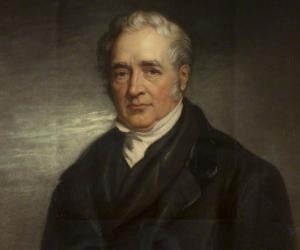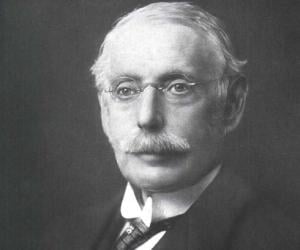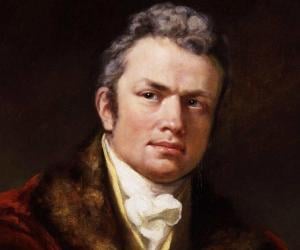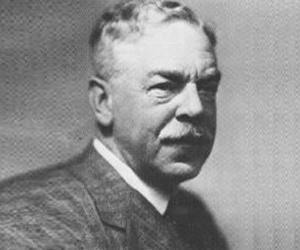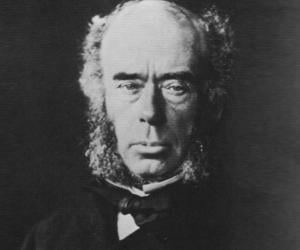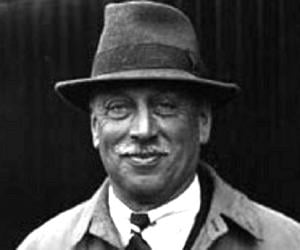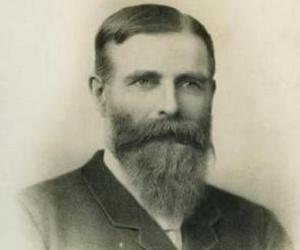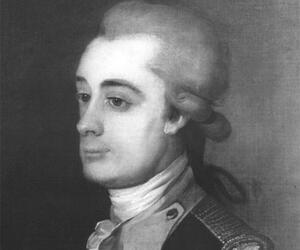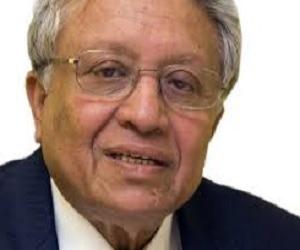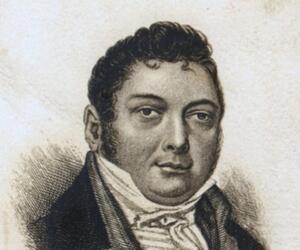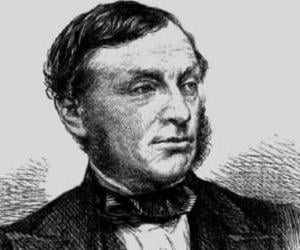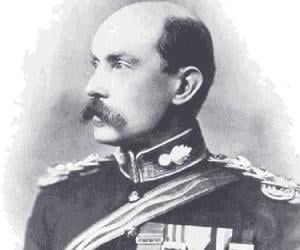1
George Stephenson
(Father of Railways)
Birthdate: June 9, 1781
Sun Sign: Gemini
Birthplace: Wylam
Died: August 12, 1848
George Stephenson was an influential English civil engineer and mechanical engineer known as the "Father of Railways" during the Industrial Revolution. He introduced the standard rail gauge used by most railways worldwide. Stephenson's pioneering work in rail transport revolutionized 19th-century technology and played a significant role in the Industrial Revolution. His company, Robert Stephenson and Company, produced the first steam locomotive to carry passengers on a public rail line. Stephenson also constructed the world's first inter-city railway line utilizing locomotives.
